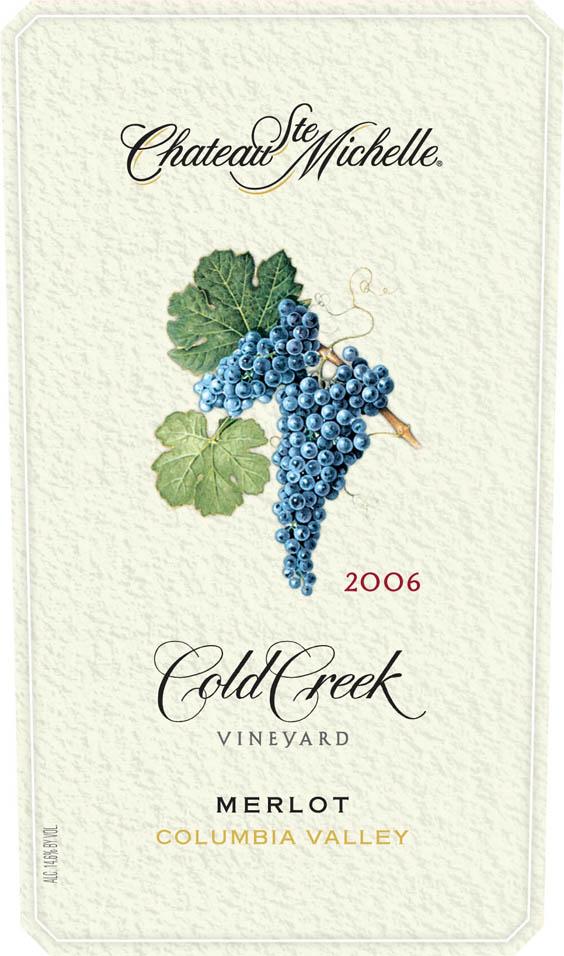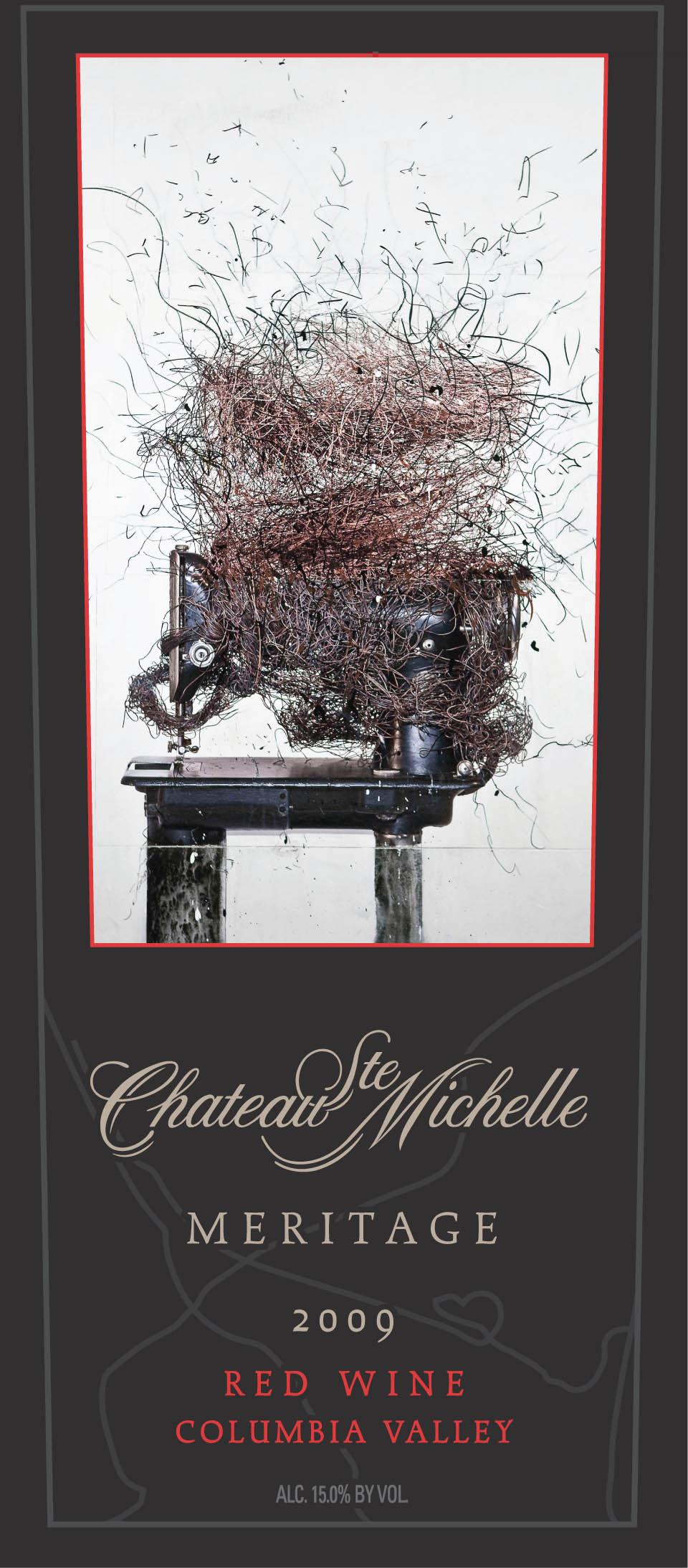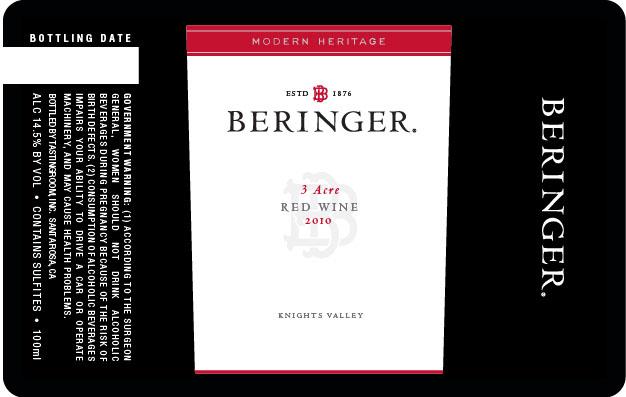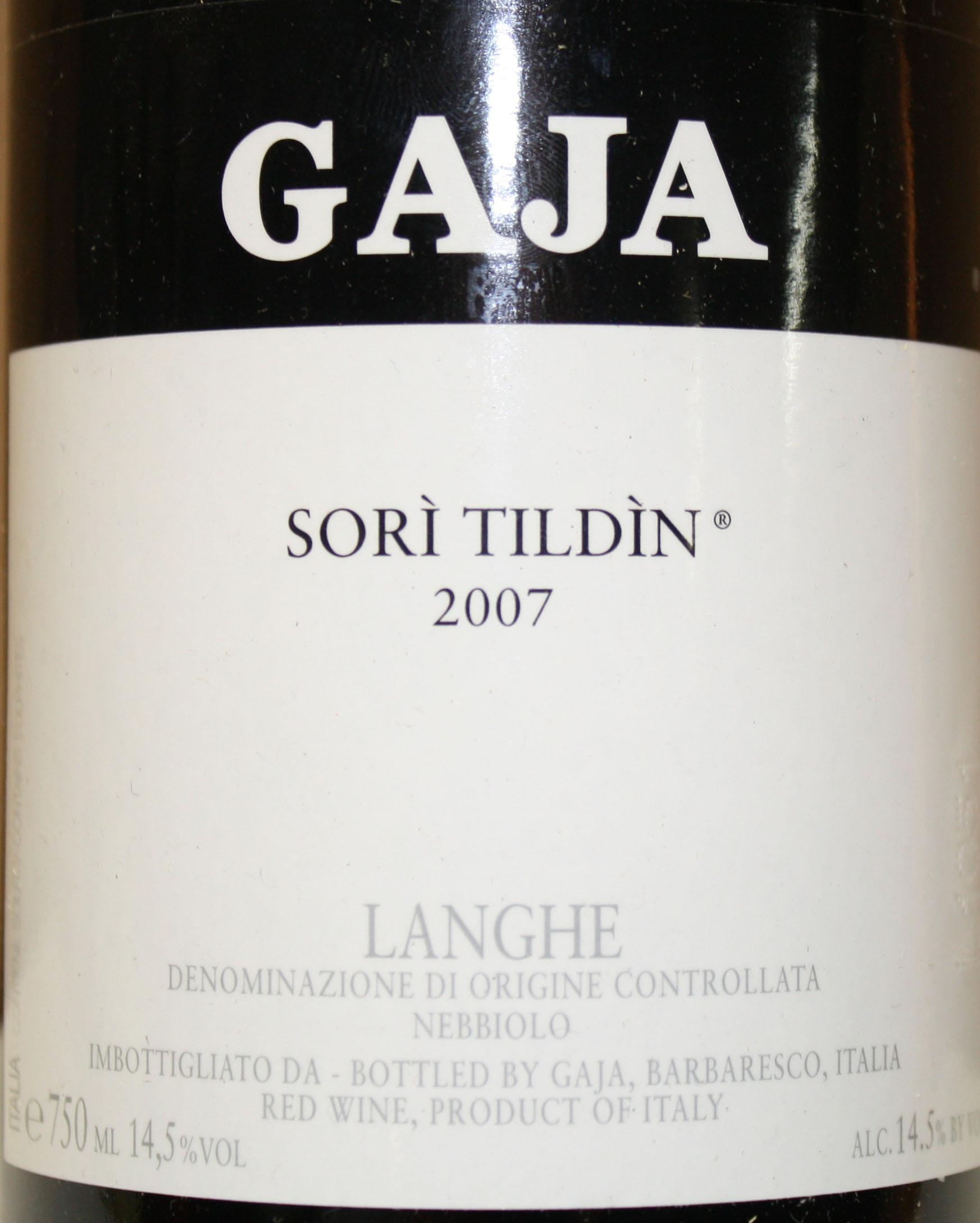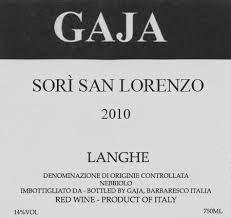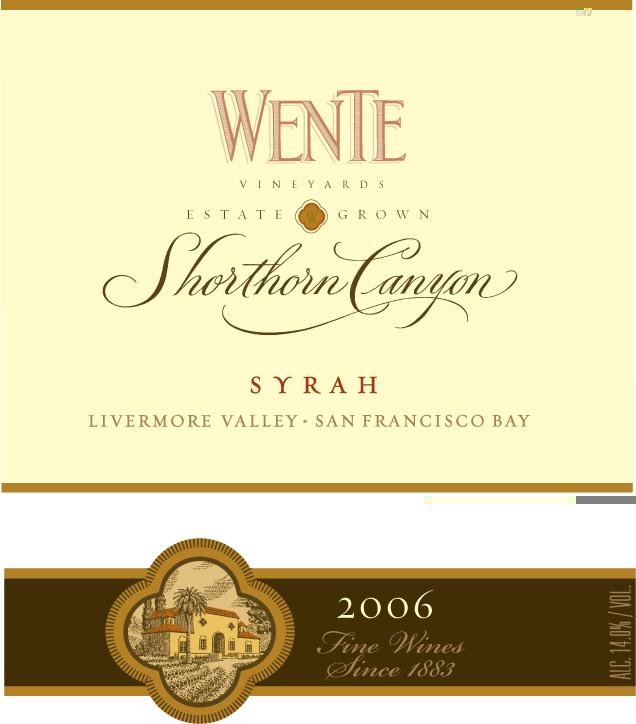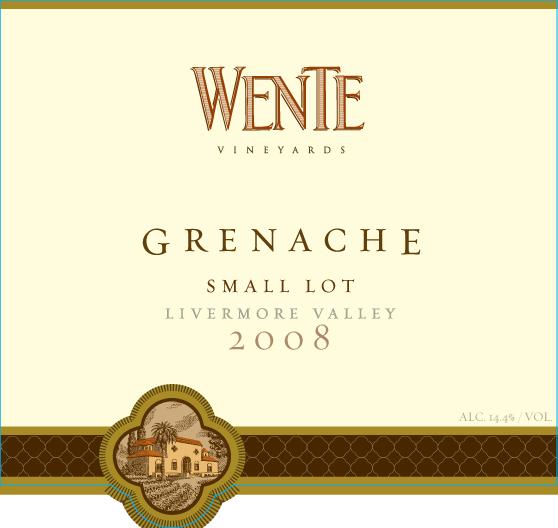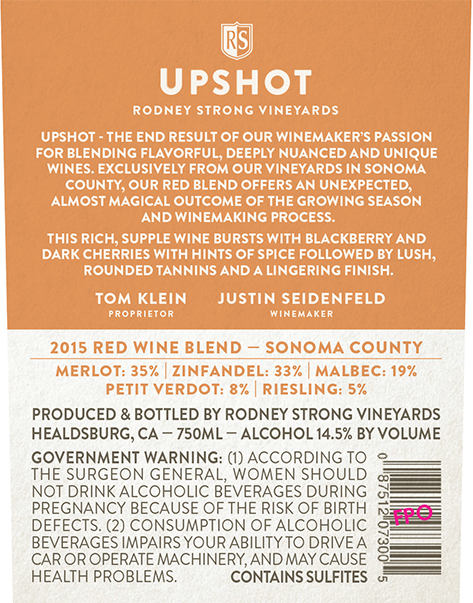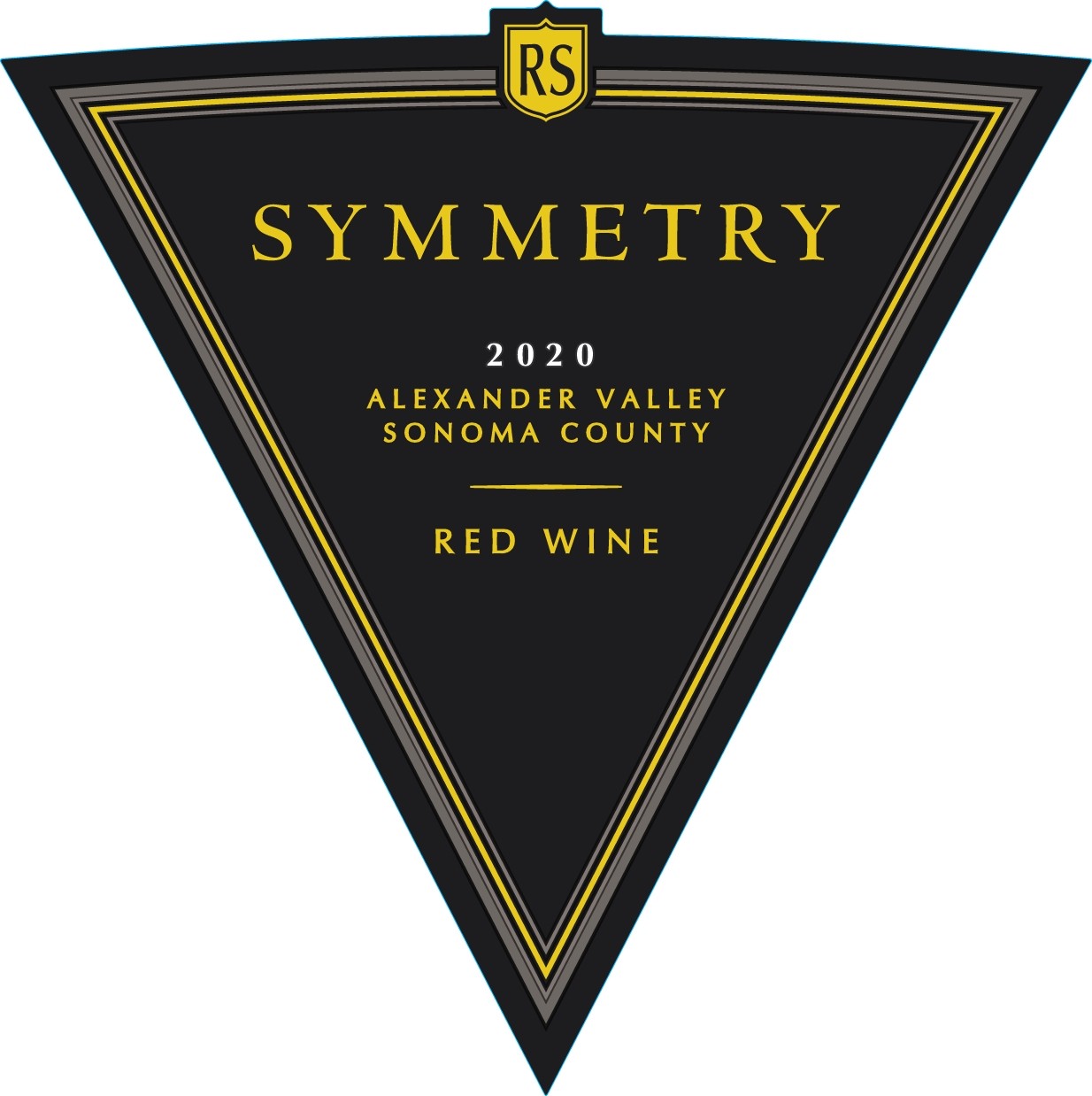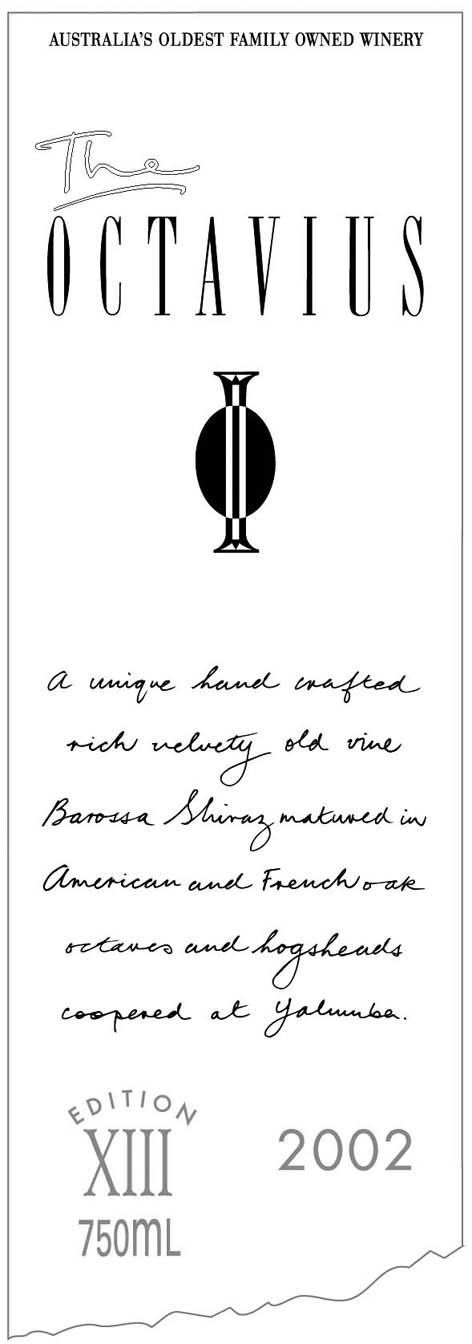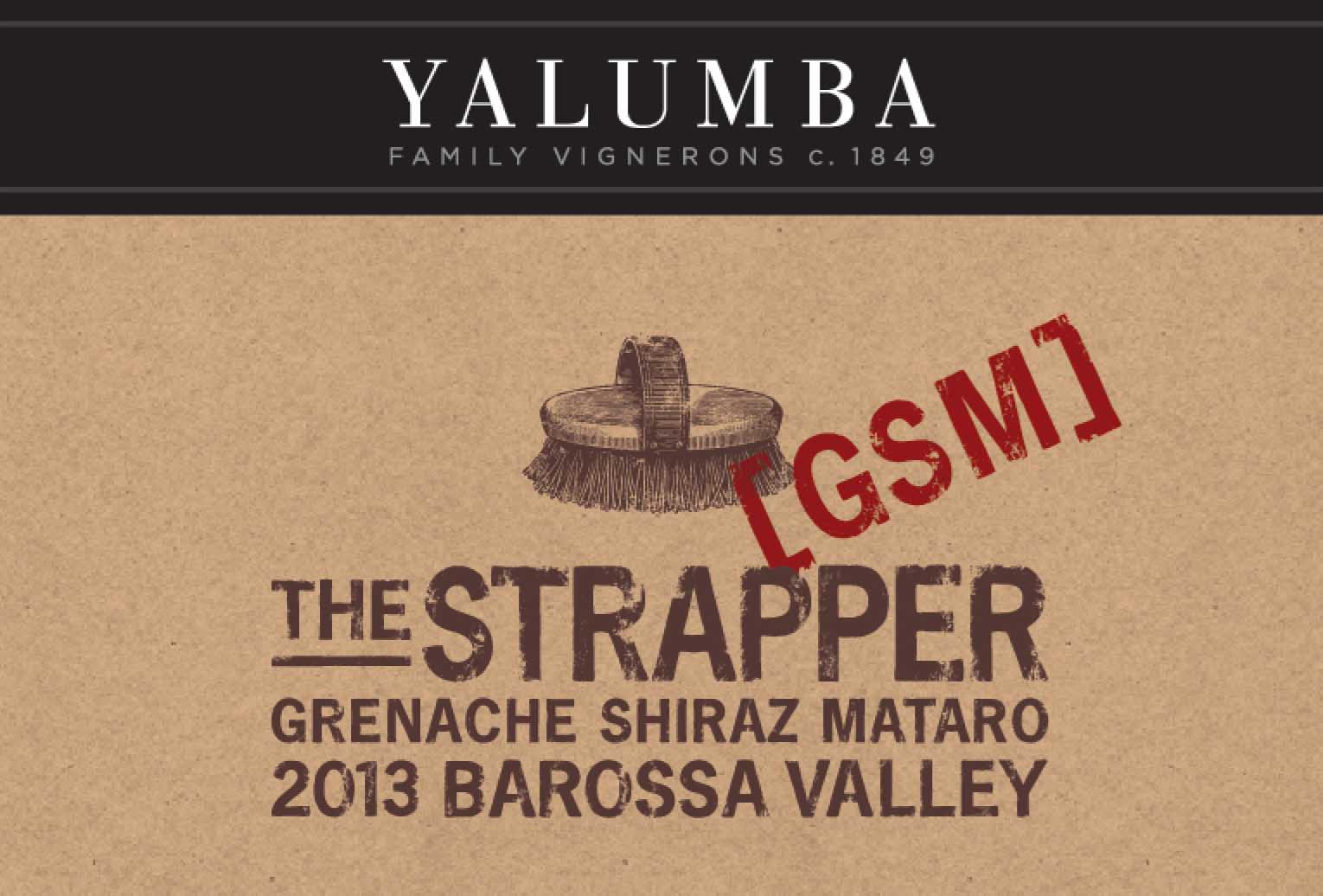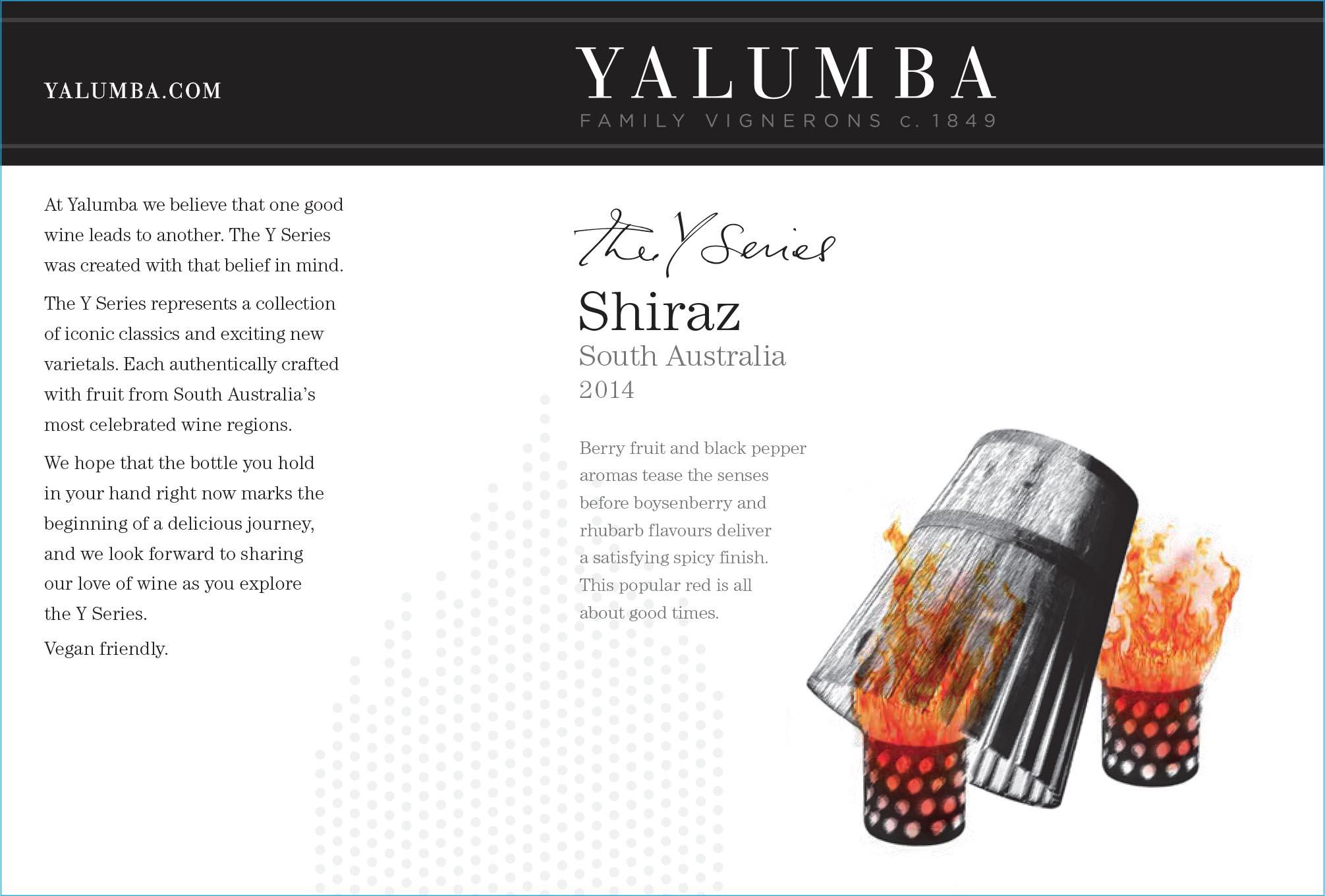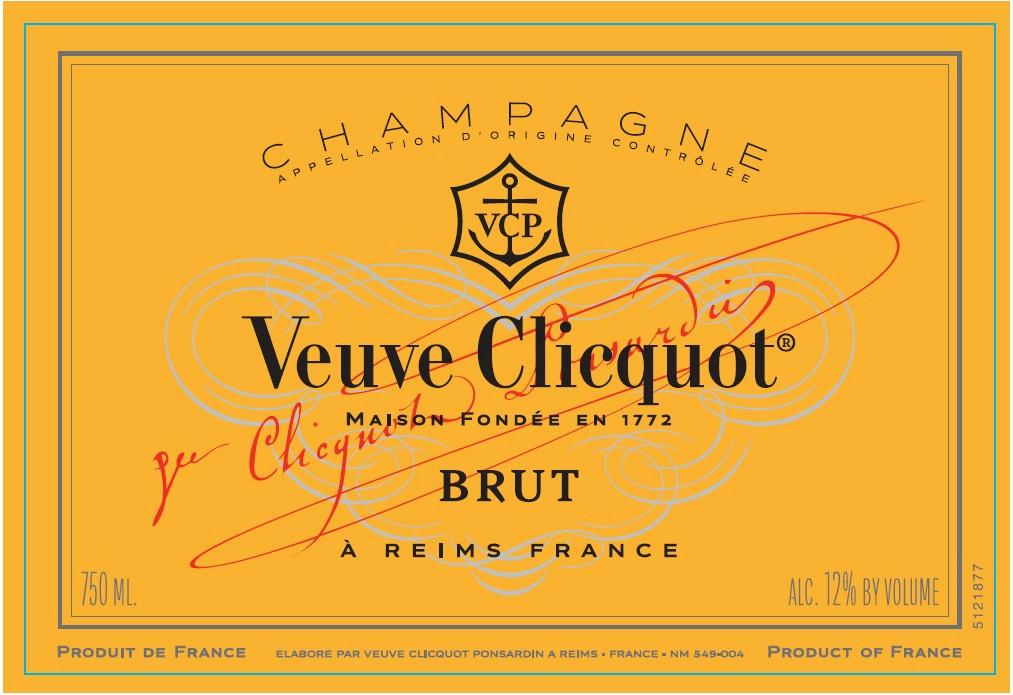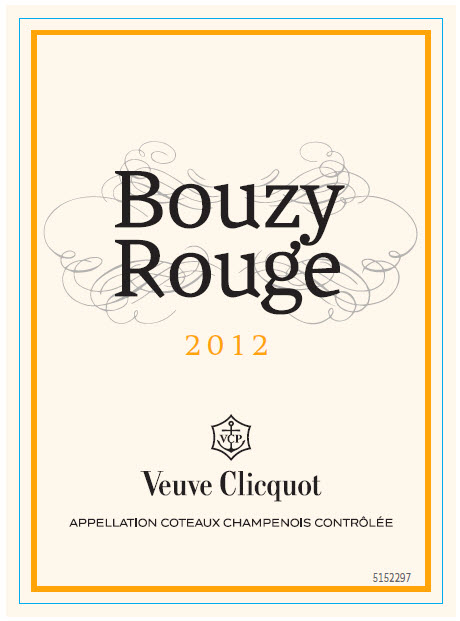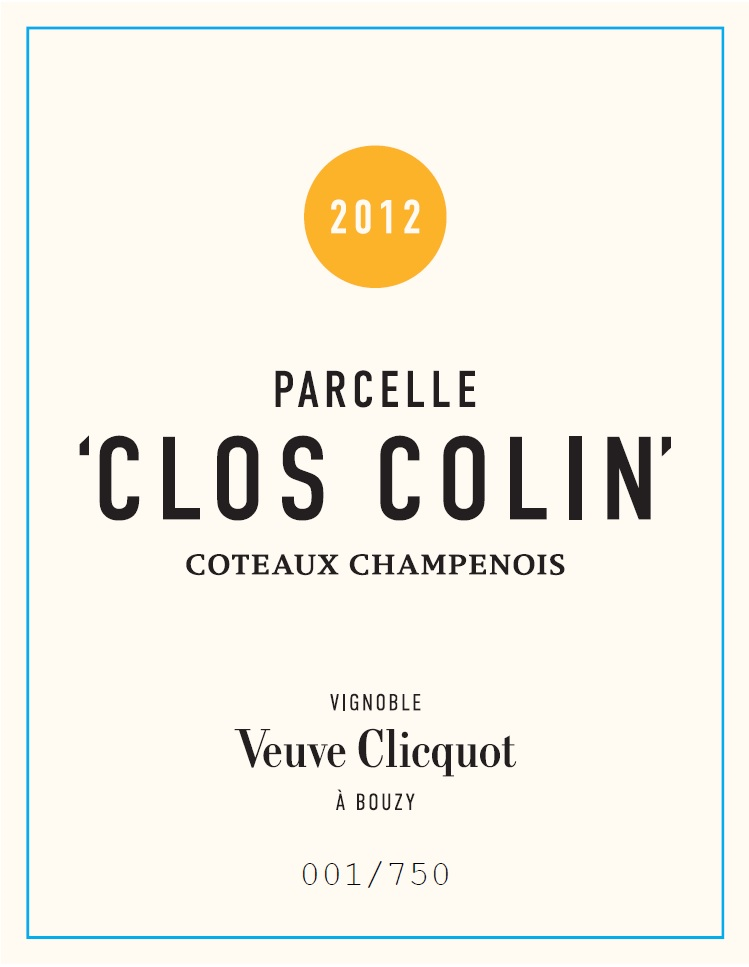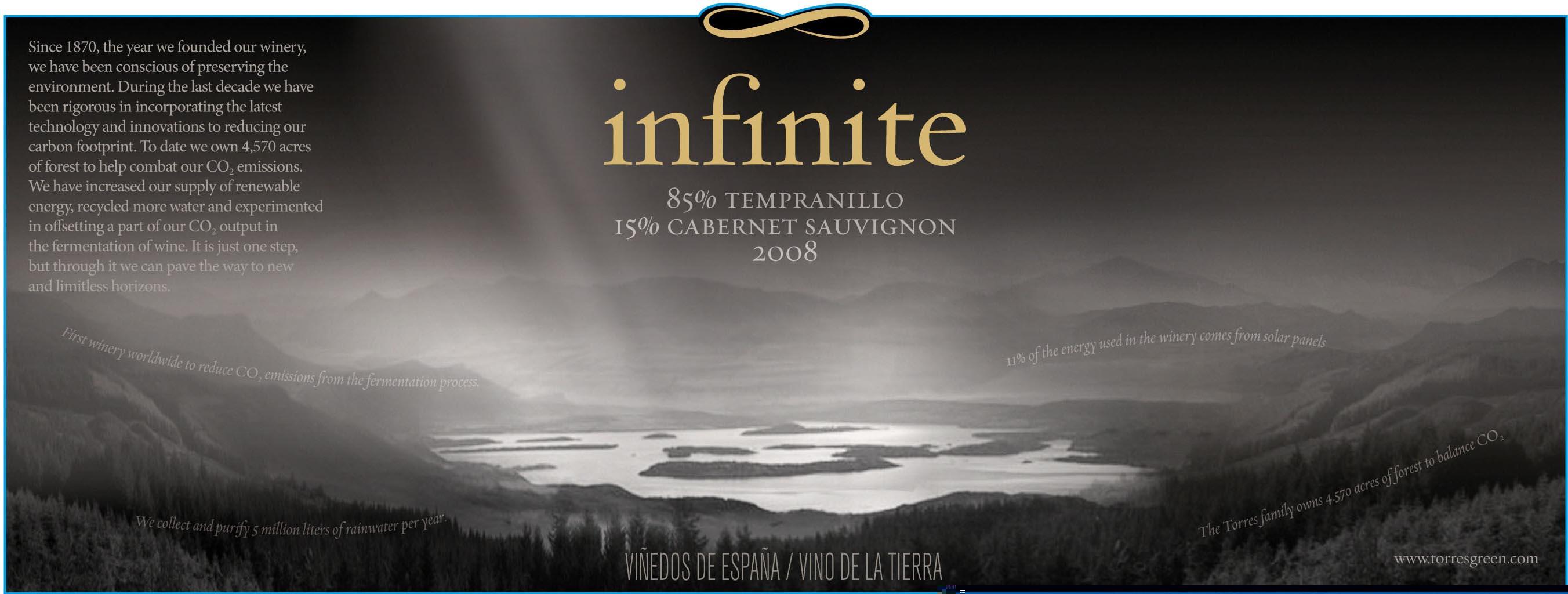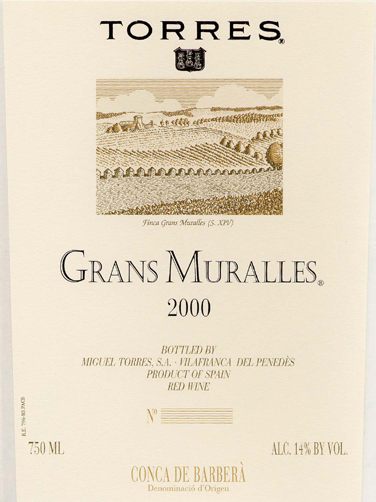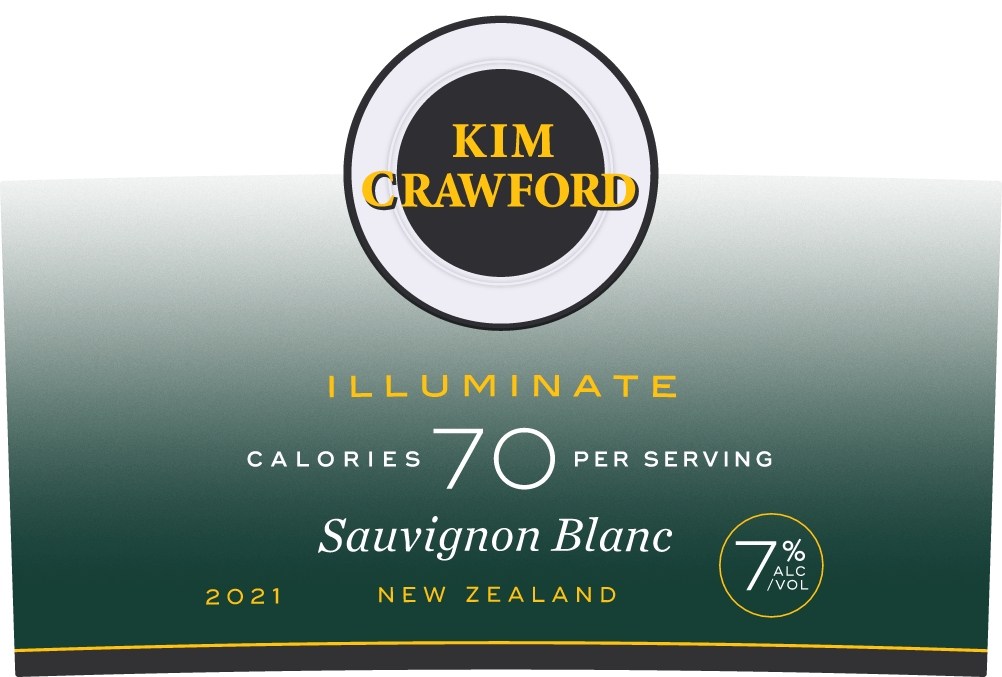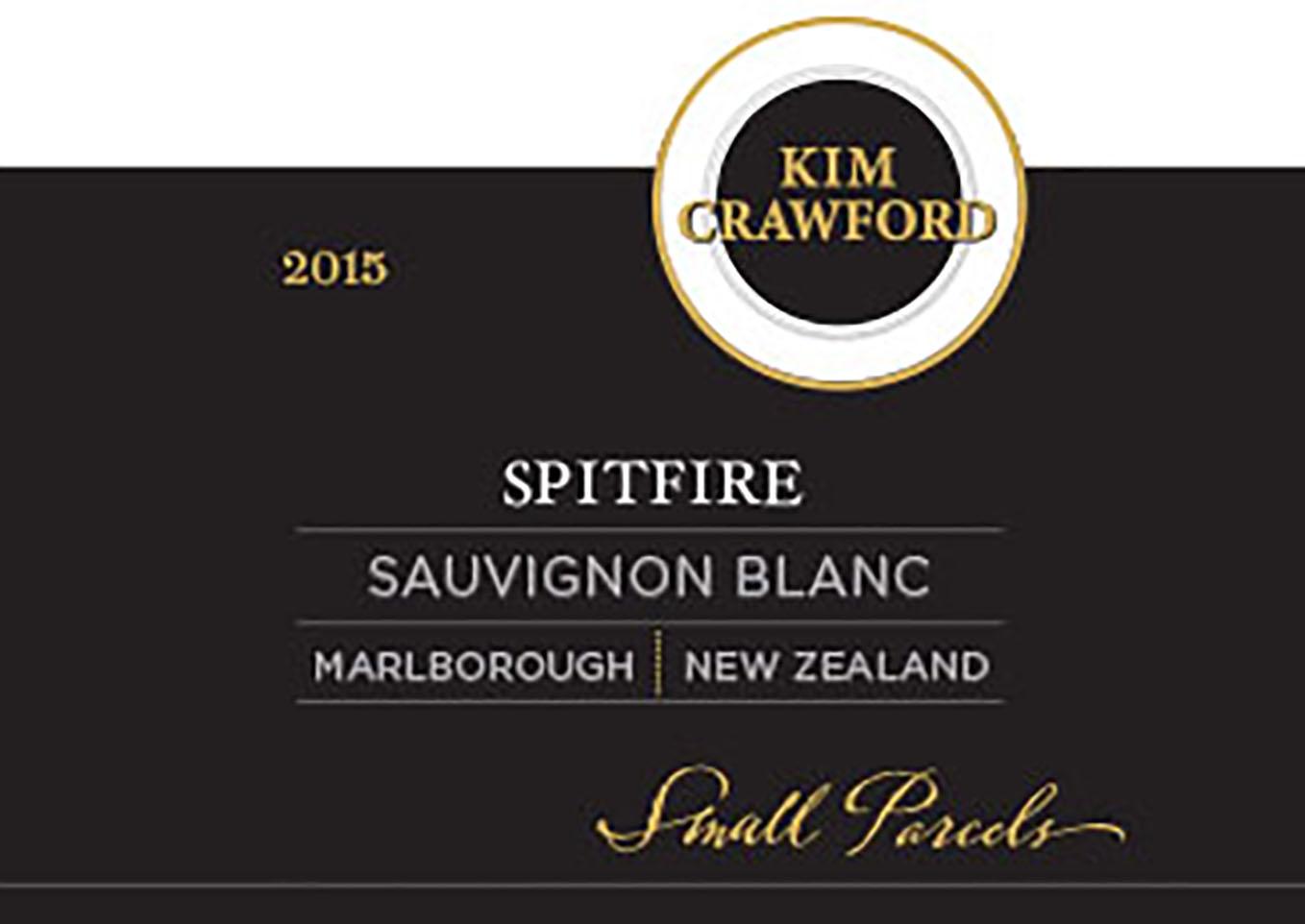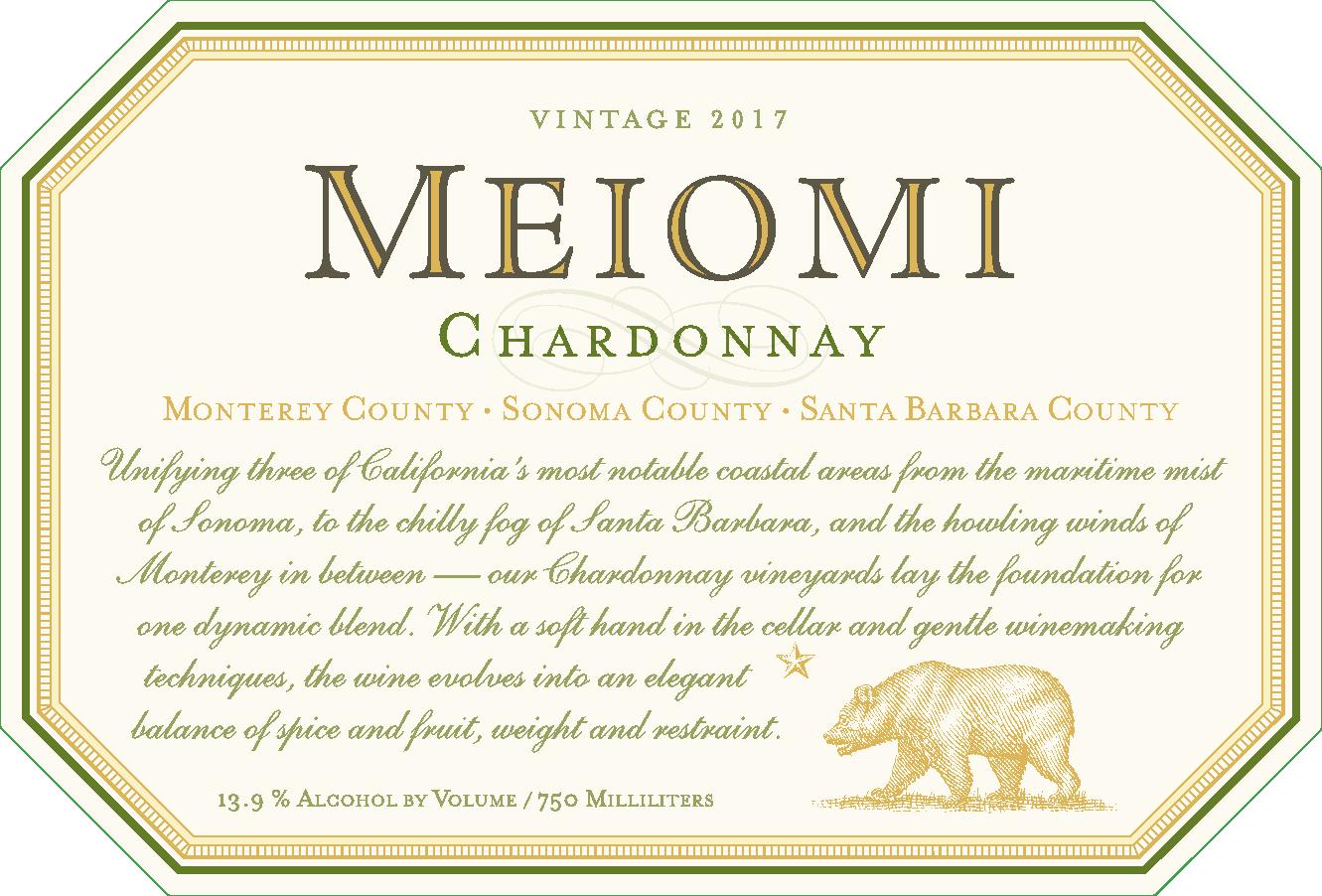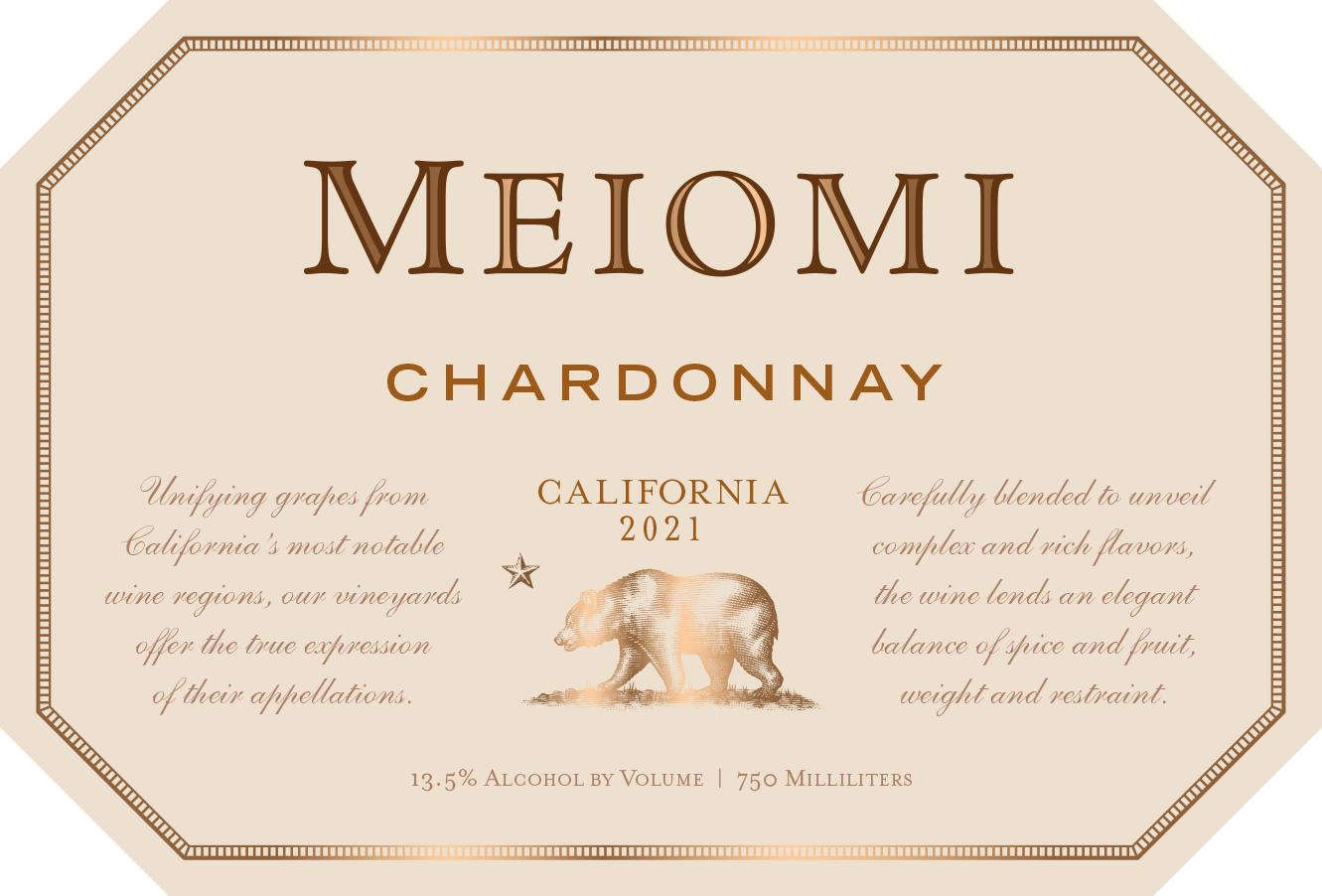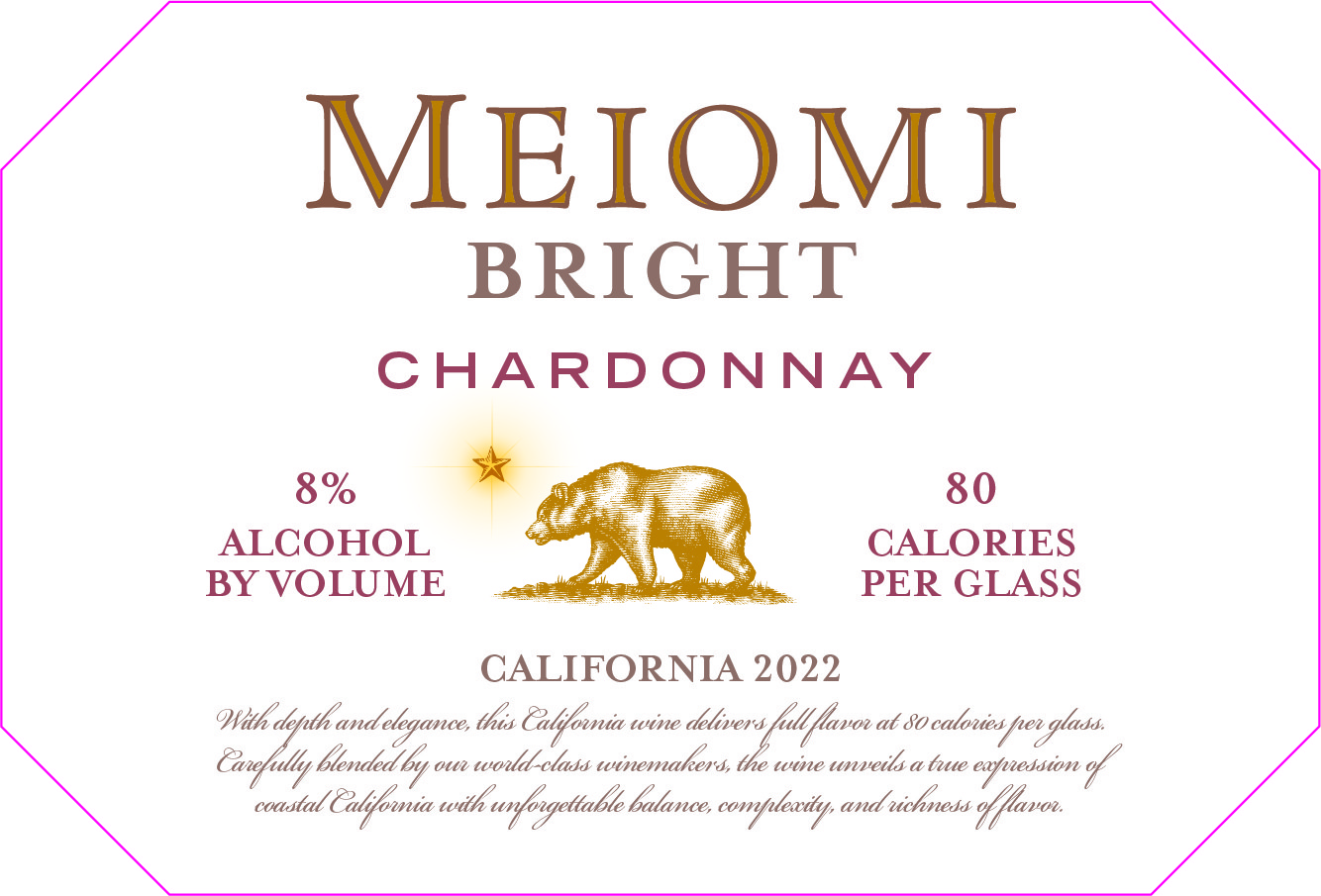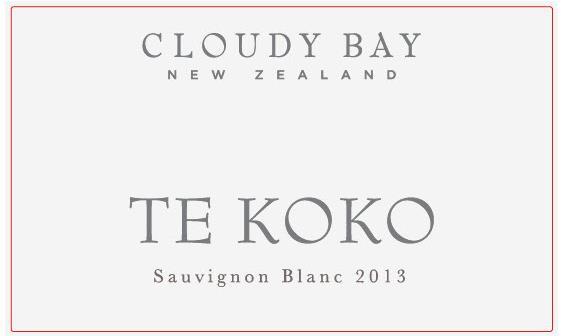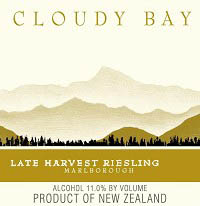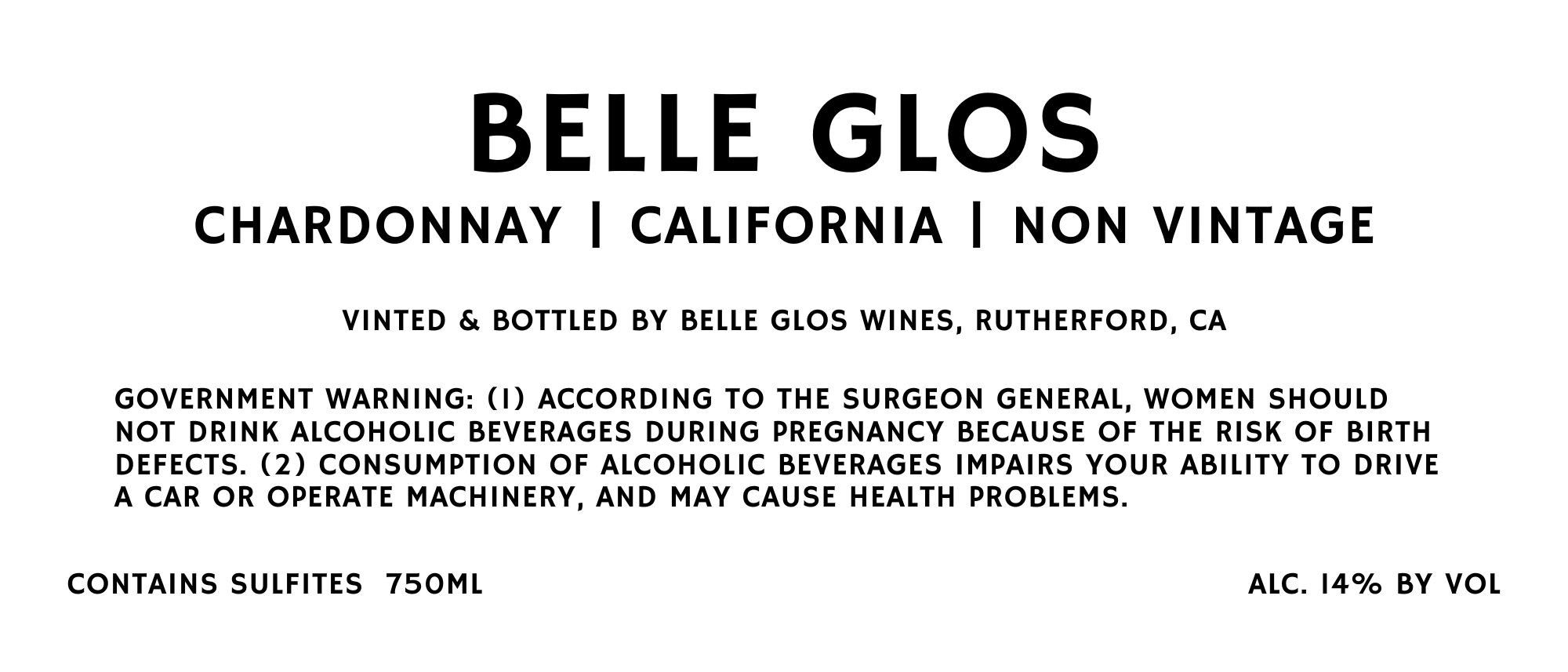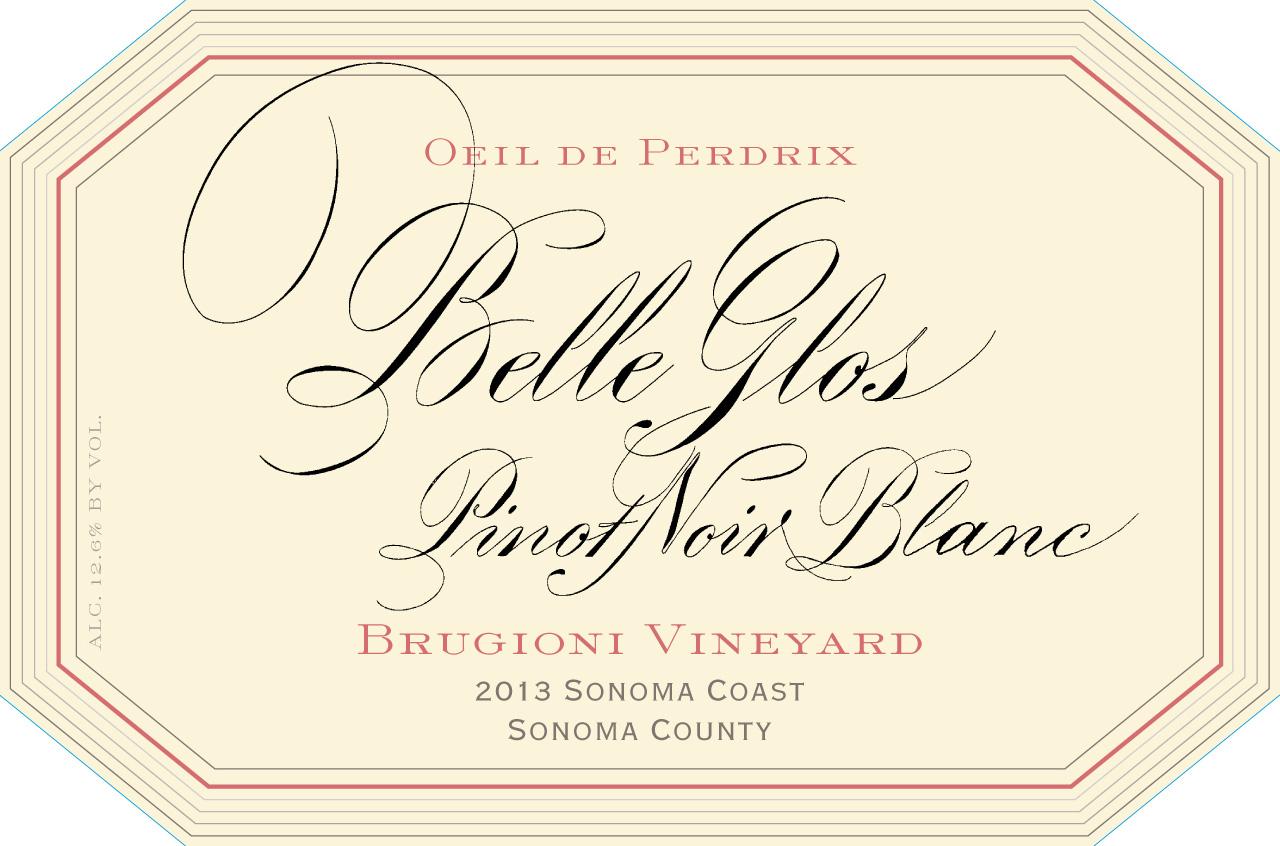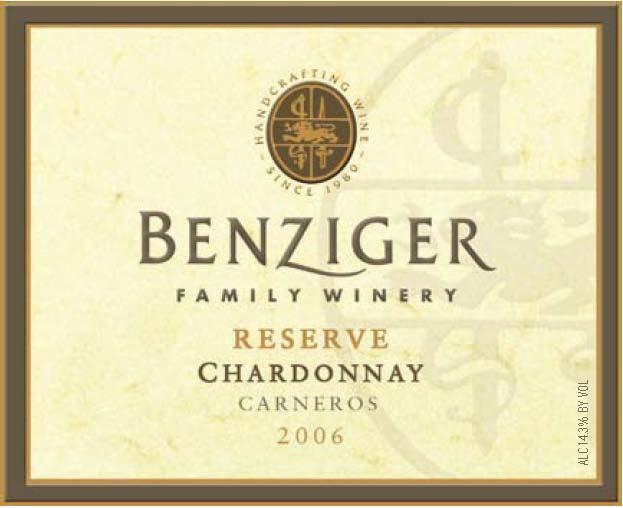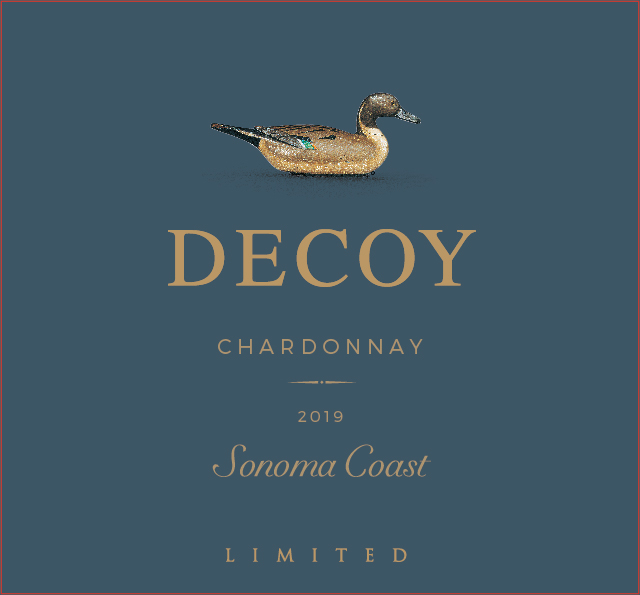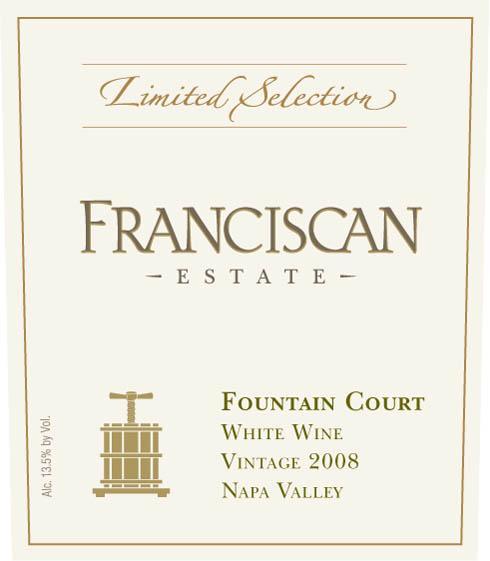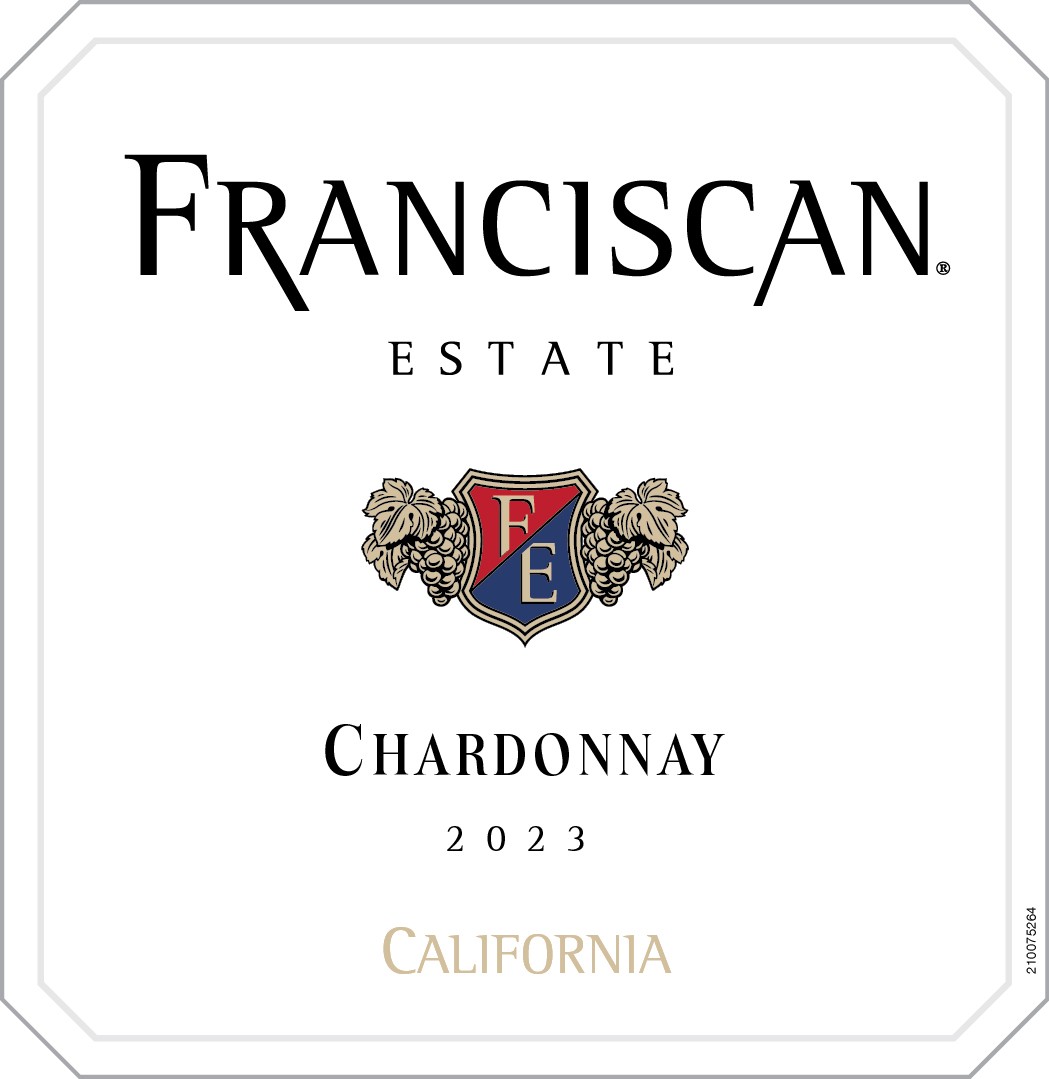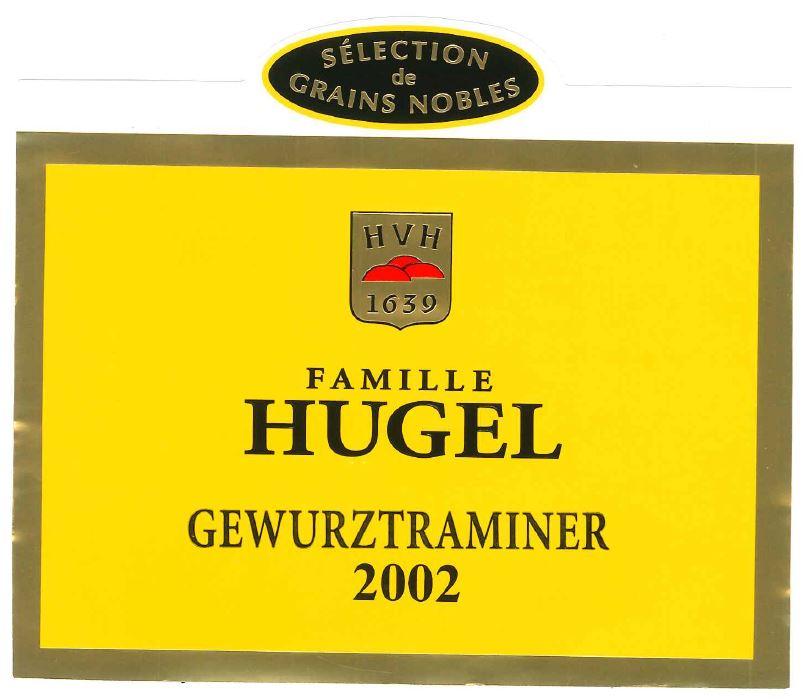Terroir of Moulis-en-Médoc
Moulis-en-Médoc enjoys a classic Bordeaux climate with both maritime and subtle continental influences, making it perfect for wine production. Located a few kilometers from the Gironde, the area benefits from Atlantic breezes that dry the vines and reduce morning mist. Summers are warm and sunny, while mild autumns and steady rainfall help grapes mature.
The region's terroir is diverse. Gravelly eastern rises in Grand Poujeaux are great for Cabernet Sauvignon, producing structured wines with black fruit flavors. Central gravel/clay blends suit Merlot, adding richness to blends, while western sandy-clay plains yield supple and silky Merlot wines. The inland location causes temperature swings that enhance flavor. Harvest usually takes place from mid-September to October, with the weather of each vintage, especially rainfall, affecting yields and wine style.
Notable Wineries in Moulis-en-Médoc
Moulis-en-Médoc, a hidden gem in Bordeaux's Left Bank, is renowned for its exceptional wines and storied estates. Here are some of the most notable wineries that define this region:
- Château Chasse-Spleen: A standout estate in Moulis, known for crafting rich, long-lasting blends from gravelly soils ideal for Cabernet Sauvignon.
- Château Maucaillou (Grand Vin): Celebrated for its robust reds, showcasing concentrated dark fruit flavors and Médoc elegance.
- Château Poujeaux: Esteemed for cabernet-focused wines, offering depth, structure, blackcurrant, and cedar notes with smooth tannins.
- Château Brillette: Specializes in a Merlot-dominant style, creating smooth, fruity wines that capture the essence of Médoc.
- Château Mauvesin Barton: Known for delivering polished and balanced Moulis wines that are easy to enjoy.
Sustainable Winemaking in Moulis-en-Médoc
Moulis-en-Médoc, like much of Bordeaux, is embracing sustainability to preserve its rich winemaking heritage and unique terroir. Many châteaux are now participating in programs like HVE and Terra Vitis, which emphasize biodiversity and careful management of resources. By engaging in practices such as cover cropping and pheromone disruption, local growers reduce chemical use while promoting a healthier ecosystem.
In this region, irrigation is generally not permitted, encouraging efficient water use and recycling. Some estates are also turning to renewable energy, like solar power, to minimize carbon emissions. In the cellar, techniques such as gravity-flow designs and native yeast fermentation help reduce energy consumption.
Community collaboration plays a key role, with local groups sharing knowledge and resources to advance sustainable practices. Altogether, these efforts ensure Moulis-en-Médoc can continue producing exceptional wines while caring for the environment.
Wine Tourism in Moulis-en-Médoc
Moulis-en-Médoc, with its blend of tradition and serene landscapes, invites wine enthusiasts to explore its offerings.
Visitors can book tastings and tours at renowned estates like Chasse-Spleen and Maucaillou, or enjoy intimate experiences at smaller vineyards.
The D2 “route des châteaux” provides a picturesque journey through lush vineyards, connecting Moulis to nearby villages.
Those seeking active exploration can bike along scenic trails leading to Listrac and Margaux, with some vineyards offering bike rentals.
The region's culinary delights, such as duck confit and local cheeses, pair perfectly with its signature red wines.
Events like Médoc-wide open-door weekends present opportunities for engaging tastings.
Moulis-en-Médoc offers a tranquil yet enriching experience, allowing visitors to savor its elegant wines and charming countryside without the rush of more famous wine routes.




